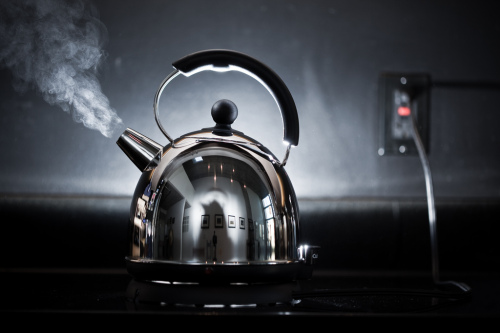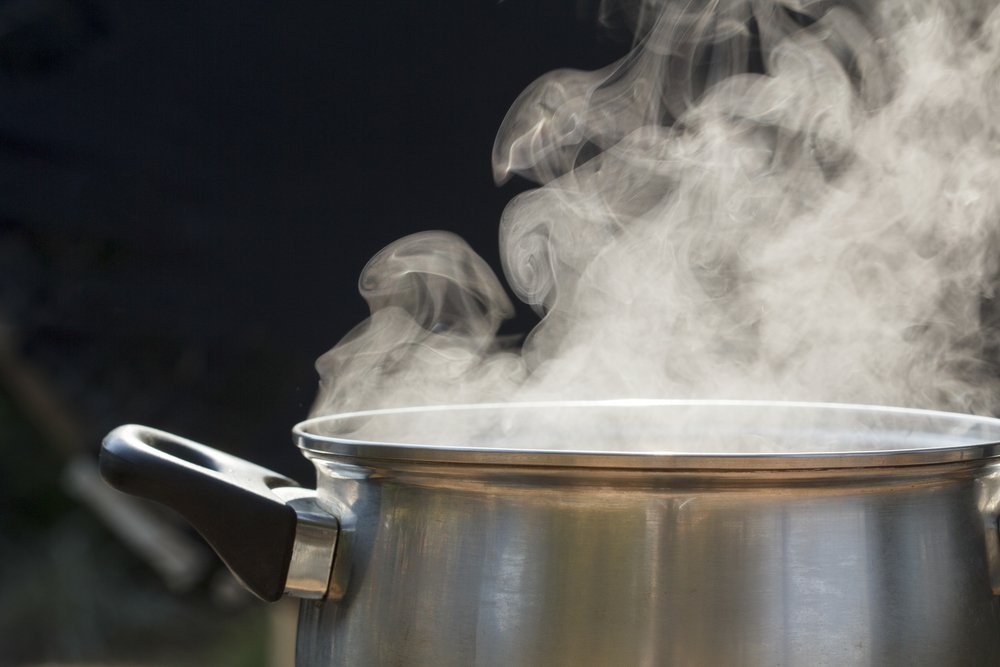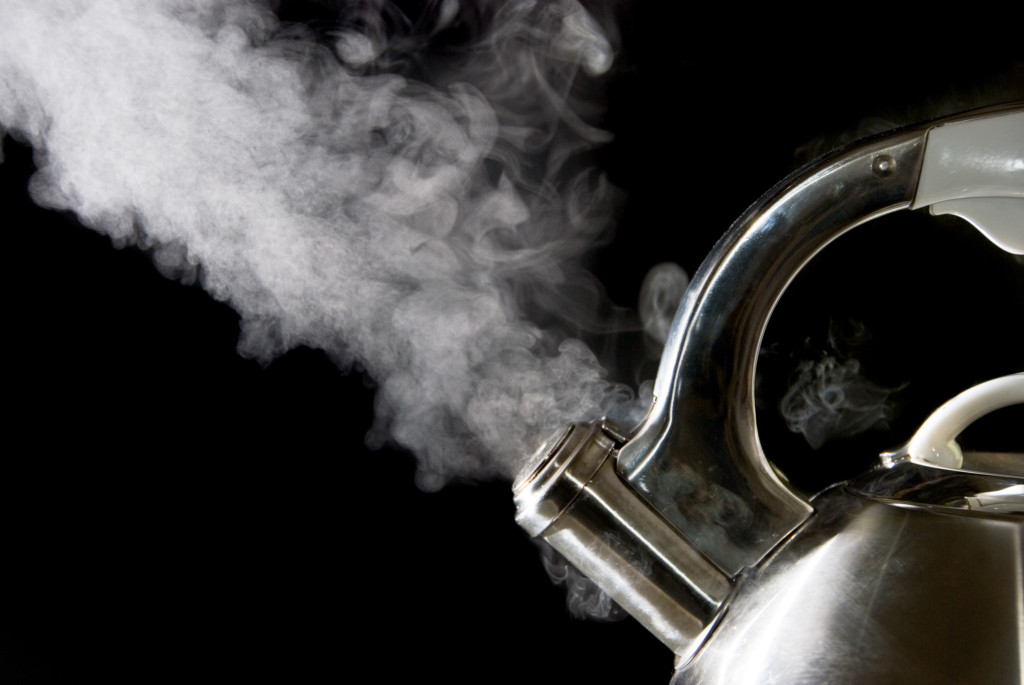Does Reboiling Water Actually Make It Dangerous To Drink?
The widespread belief that boiling water multiple times is "bad" has been around for years.
You've probably been told that you shouldn't reboil water at some point in your life, usually for no other reason than "it's bad for you" or "you'll lose the minerals"
The belief that boiling water multiple times could make it dangerous to drink has been around and circulating for years. This is further perpetuated by "alternative health" or pseudoscience websites claiming that reboiling water increases the amount of toxins or contaminants that could cause cancer and various sorts of scary health effects.
One of the most widespread claims suggested that reboiling water or boiling water for too long increases the concentration of chemicals and minerals like arsenic, nitrates (i.e. carcinogenic nitrosamines), and fluoride
The general gist of those claims can be traced back to a 2015 article by Healthy Holistic Living.
According to the article, reboiling water has "destructive effects" as the chemicals above concentrate and potentially lead to life-threatening illnesses such as cancer, arsenic toxicity, cardiovascular diseases, kidney stones, and even infertility.
However, those claims fail to point out that a substantial amount of the "harmful chemicals" have to actually be present in the first place
Unlike the aforementioned claims, forum discussions on the Chemistry StackXchange and AskScience subreddit as well as fact-checking site Snopes indicate otherwise.
The process of boiling water is essentially the concept of evaporation - water evaporates when boiled, leaving behind impurities that are likely dissolved in water. Reboiling water just means that more water is evaporated, causing whatever is dissolved in the water to be slightly concentrated. Hence, the aforementioned "dangerous chemicals" only increase in concentration if some amount of arsenic, nitrates, or other contaminants are present in the water in the first place.
Note: Ordinary water also contains volatile compounds and dissolved gasses, although they are likely to have boiled out by the time the water reaches its boiling point (100°C).
In addition, the presence of such chemicals in safe drinking water are limited to a conservative amount during the treatment process... if they are even present at all
While it's true that the concentration of salts and compounds will increase when water is boiled (note: hence debunking the belief that reboiling water drives off minerals), the change is pretty much negligible unless you boil it until a significant amount of water is evaporated i.e. letting it boil too long without a lid.
To bring any dissolved compound to a relevant or harmful concentration, you'd need to boil down A LOT of water.
In short, it's totally okay to reboil water without worrying that you'll fall victim to a serious illness after drinking it
As long as you're not taking a huge amount of untreated or contaminated water and boiling away most of it, or boiling it in a vessel that could produce toxins in your water, you should be fine drinking reboiled water. :)


